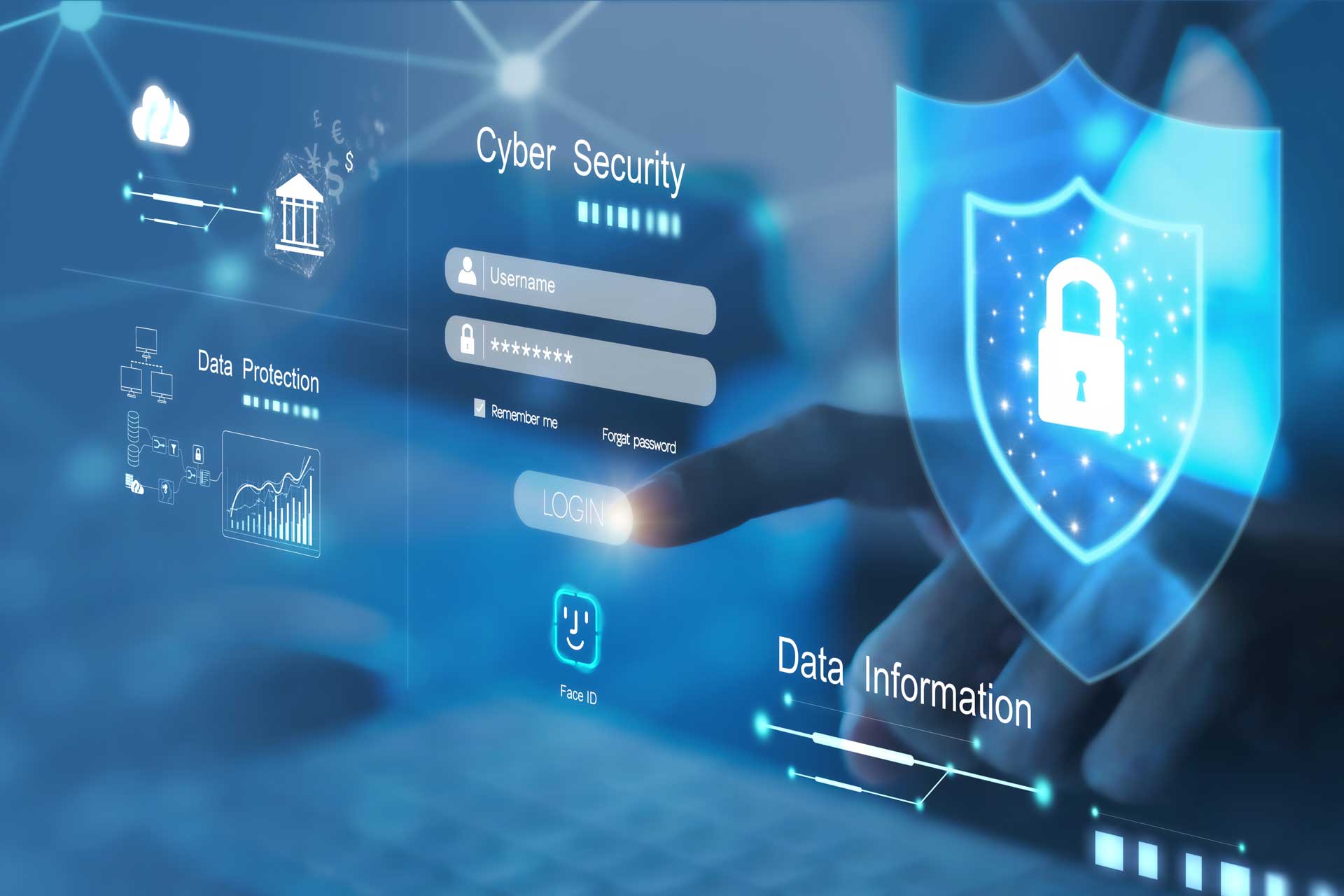The internet has definitely changed the way we live and work, but it’s also brought new risks. Online threats have shifted from old-school viruses to subtle, browser-based attacks.
These are malicious extensions that steal data, hidden trackers, and phishing pop-ups, with cybercriminals constantly finding new ways to exploit everyday browsing habits.
This is why secure browsing is so important, regardless of where you’re trying to access the internet. Here are some ways to protect your data and your privacy.
Use browsers with privacy features
Not every browser will offer the same level of privacy, so it’s worth changing your default to one that has your best interests at heart.
For example, search engines like DuckDuckGo are specifically designed to block trackers and avoid profiling users. This allows you to reduce your digital footprint without the need for additional software.
Many browsers will even allow you to adjust your security settings, disabling things like third-party cookies and site permissions. Make sure to review these settings often to prevent unnecessary data exposure.
Consider using a VPN
Think about the times you’ve used your laptop in a coffee shop with free Wi-Fi. You’re usually busy and just want to check a few emails or your bank account securely without having to fiddle with complicated settings.
Tools such as secure DNS services and a VPN Chrome extension can help encrypt your browser session, blocking snoops and data thieves with ease.
These solutions focus on protecting your browsing activity without slowing your device, so you can quickly protect yourself on public Wi-Fi while leaving other apps untouched.
Be cautious of malicious extensions
Browsing extensions can be highly useful for both work and leisure, but not every extension is trustworthy. A recent Stanford University study revealed thousands of ‘security-noteworthy’ Chrome extensions containing malware. Imagine installing a ‘coupon finder’ that ends up secretly stealing your logins.
This is why it’s so important to do your due diligence before downloading anything from the internet. You may also choose to use security tools that can monitor and block suspicious behavior of websites automatically.
Reconsider your cybersecurity strategy
Of course, no single security tool is a silver bullet. The FBI recently reported a 33% rise in cybercrime losses, highlighting the importance of layered protection rather than relying on a single solution.
Cybersecurity solutions like VPNs also need to sit alongside antivirus software, password managers, and multi-factor authentication to give you the strongest defense against threats.


